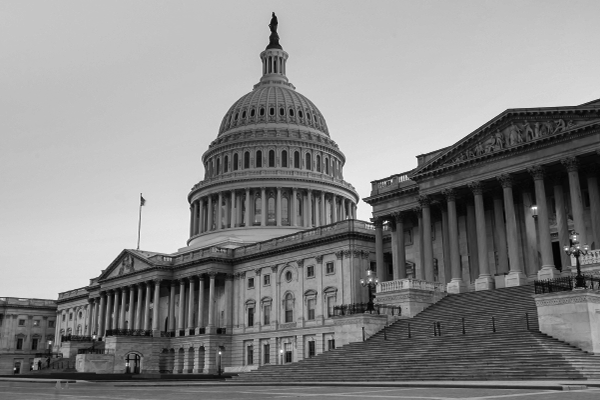Fed Up With Ethanol, Boaters and Bikers Search for Alternatives
One of the many problems with the Renewable Fuel Standard (RFS) is that it requires refiners to blend increasing amounts of ethanol into motor fuel, even though ethanol can damage engines. Gasoline blended with even as little as 10 percent ethanol can accelerate engine failure in boats, motorcycles, lawnmowers, and other small engines.
Musa Agil has firsthand knowledge of this problem. Agil, who operates two independent gas stations in Wilmington, North Carolina, started selling ethanol-free gasoline a few years ago. Since then, he says he’s gained a loyal base of customers who are willing to drive across the county to buy his product, even though it is more expensive than conventional gasoline (E10).
“They’re willing to pay it to protect their boats, old cars, motorcycles, landscaping equipment,” Agil said in an interview with the Wilmington Star-News. “They just don’t want that crappy gas going into their engines.”
One of Agil’s customers, Capt. Allen Cain, said he switched his boat to ethanol-free gasoline about three years ago after his friends started having problems with E10.
“Ethanol is bad for your boating outboards and it’s bad for your fuel lines because ethanol will eat through the fuel lines and mess them up, so it’s worth it in the long run to use non-ethanol fuel,” Cain said.
Keith Beasley, owner of Thomasville Lawn and Garden in Thomasville, North Carolina, estimates that fuel problems related to ethanol account for between 75 and 80 percent of his business.
“[Ethanol] being from a corn base it is gritty,” he explains. “Inside a carburetors there are a lot of small tiny passages that the grit will just get stopped and can’t go through.”
Despite the harmful effects of ethanol, the Environmental Protection Agency (EPA) approved last year production of gasoline that contains up to 15 percent ethanol. As AAA points out, use of E15 is “expressly prohibited” for boats, motorcycles, power equipment, lawnmowers, and off-road vehicles.
E15 also poses problems for the 95 percent of cars in America that are not certified to use it. Several automakers have said their warranties will not cover claims related to improper E15 use. In response, AAA has called for a suspension of E15 sales, citing “consumer confusion and the potential for voided warranties and vehicle damage.”
Passed by Congress in 2005 and expanded in 2007, the RFS requires refiners to blend 36 billion gallons of biofuels into gasoline by 2022. Last week, EPA increased the 2013 mandate to 16.55 billion gallons, most of which will come from corn-based ethanol. As the federal mandate continues to rise, ethanol will only cause more problems for boaters, bikers, and anyone who likes to keep a nice lawn.
IER Policy Associate Alex Fitzsimmons authored this post.


